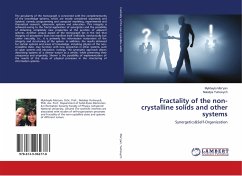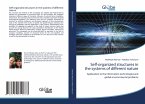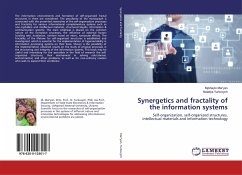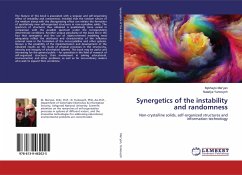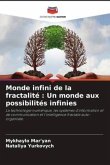The concepts and methods of this one monograph are implemented and adapted to address the following issues: consideration of structuring non-crystalline materials at different stages of formation, influence of external factors (irradiation, temperature, bio-exchange with environment); forecasting of materials of artificial intelligence and synergetic approach to their formation, examination of environmental environments; study of the levels of ordering (scales of spatial ordering, spatial-temporal ordering, time intervals of instabilities) and their application in cyber systems; substantiation of the possibility of applying the approach in the study of natural sciences, taking into account the synergy between the various sciences and disciplines; identification of interdisciplinary synergies of fractal structure and interrelation between different subjects - mathematics, biology, ecology, physics. The monograph may be interesting both for specialists in the field of object oriented computer modeling, research of structuring levels of the non-crystalline systems, contribute to the formation of a new the areas of the research, as well for the general public of readers.
Bitte wählen Sie Ihr Anliegen aus.
Rechnungen
Retourenschein anfordern
Bestellstatus
Storno


